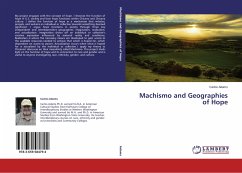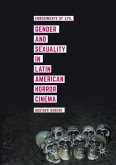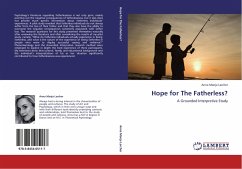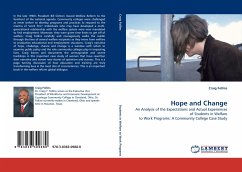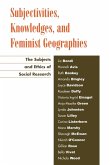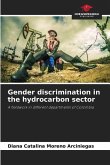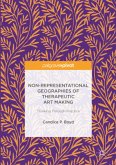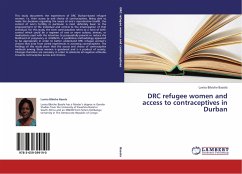My project engages with the concept of hope. I theorize the function of hope in U.S. society and how hope functions within Chicano and Chicana culture. I define the function of hope as a mechanism that initiates, propels, and sustains an individual or collective towards something deemed significant. I argue hope functions in society through three key independent and interdependent geographies: imagination, realization, and actualization. Imagination draws off an individual or collective's creative expression influenced by material reality and conditions. Realization is where the necessary means are developed to gain access to the available resources needed to achieve that which is hoped for, which dependent on access to power. Actualization occurs when what is hoped for is actualized by the individual or collective. I apply my theory to Chicanos' discourse on their masculinity called Machismo. This project sheds light on the function of hope and its connection to race and gender and is useful to anyone investigating race, ethnicity, gender, and culture.

